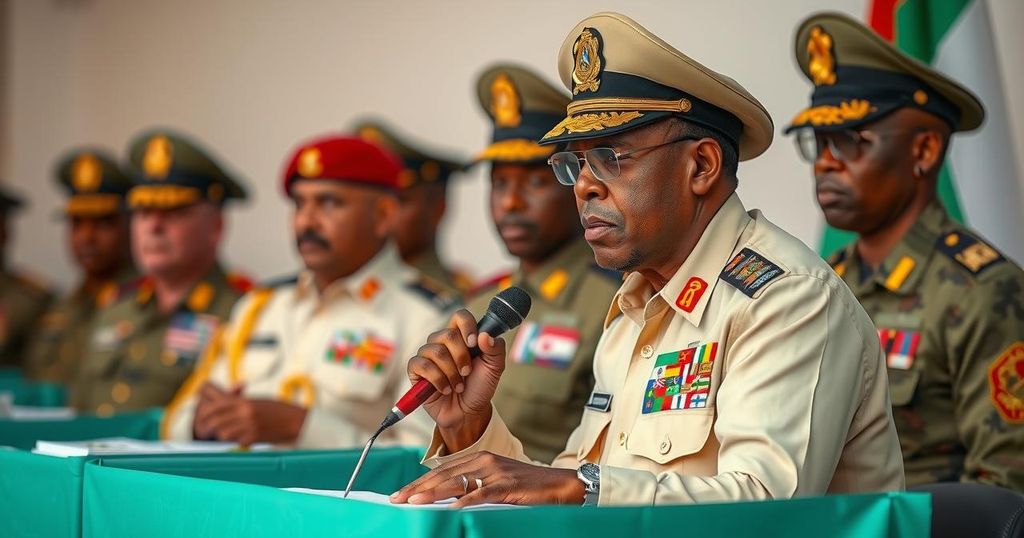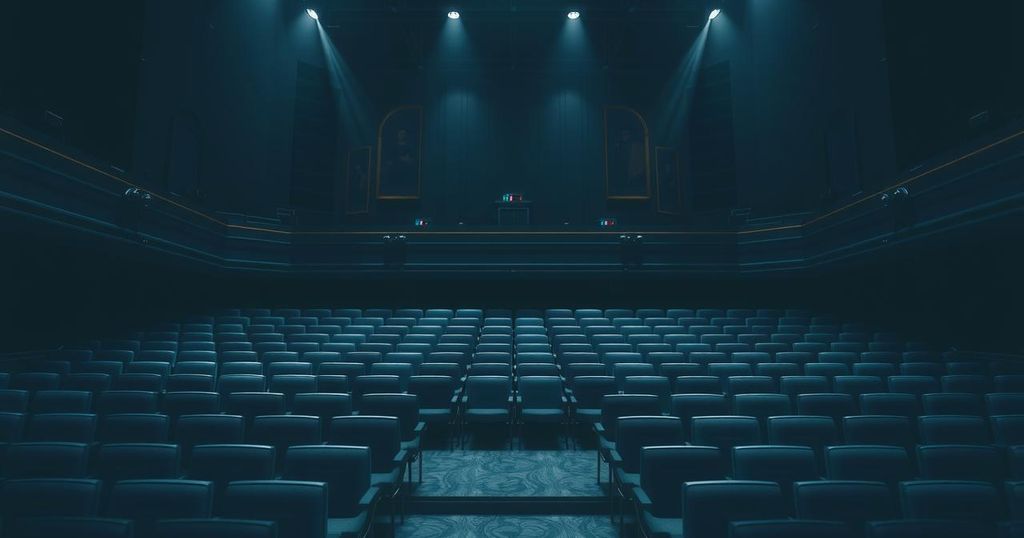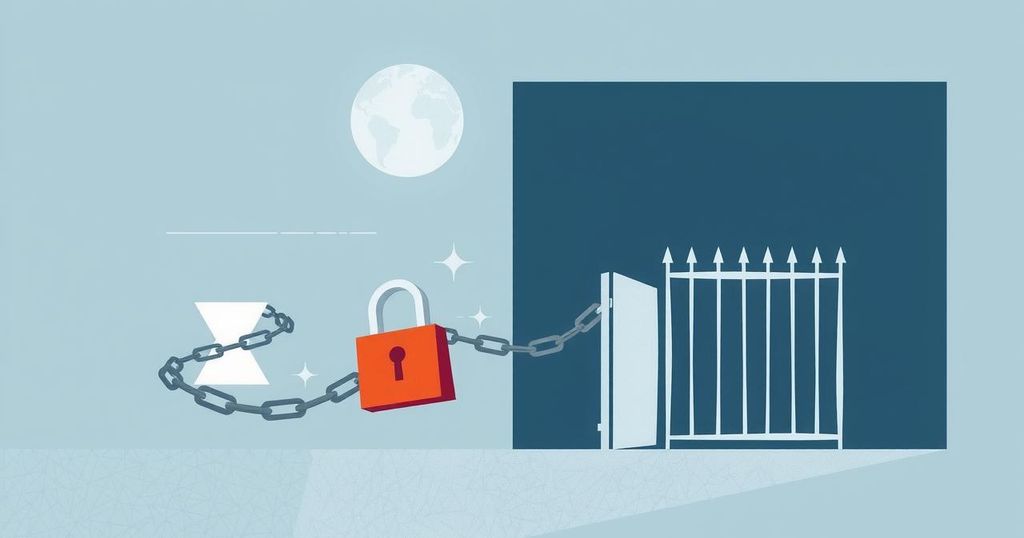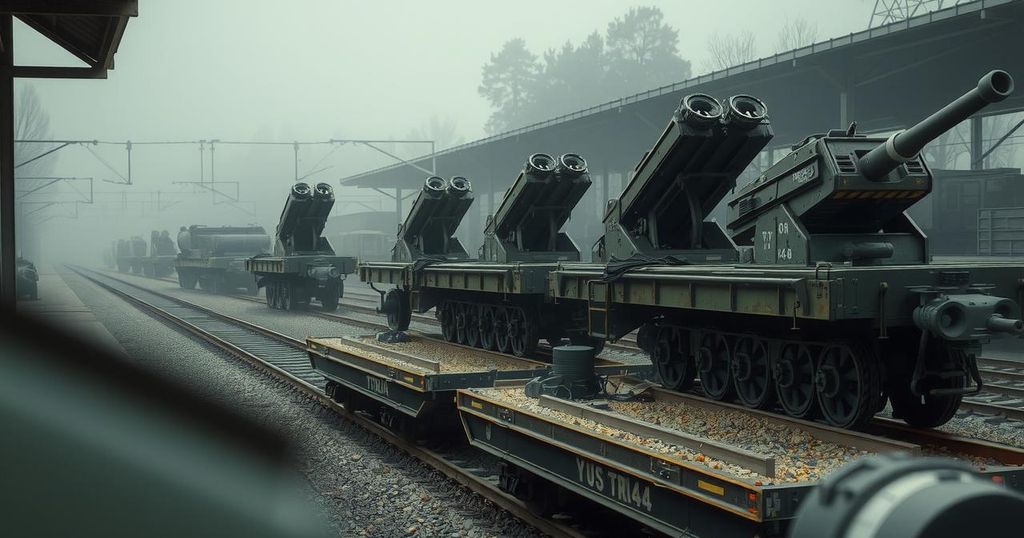Chad Holds General Election Amid Calls for Opposition Boycott
Chad held a general election on Sunday, marking a step towards ending military rule. Government officials reported a low turnout of approximately 38 percent, amid calls for election boycotts from opposition groups. The election is significant for selecting a new parliament and local governance structures, yet participation remains a concern.
On Sunday, Chad conducted a general election aimed at transitioning from three years of military rule to a civilian-led government. According to government officials, this election is considered a crucial step towards restoring democratic governance. However, the expected voter turnout has been low, reportedly around 38 percent, following a boycott call from opposition parties. This election encompasses the selection of a new parliament, various provincial assemblies, and local councils, as indicated by midday statistics from the national elections management agency, ANGE.
Chad has been under military rule for three years following the death of its long-time president, Idriss Déby. The interim government has expressed intentions to embark on a path toward democratic elections. However, the opposition claims that the military has undermined the political process and has called for a boycott of the elections. This political climate has cast doubt on the effectiveness of the electoral process and the prospects for a peaceful transition back to civilian rule.
In conclusion, the general election in Chad represents a pivotal moment in the country’s political landscape following years of military governance. Nevertheless, the low voter turnout, largely influenced by the opposition’s boycott, raises concerns regarding the legitimacy and effectiveness of the electoral results, which might affect future political stability in the region.
Original Source: www.themountaineer.com




Post Comment